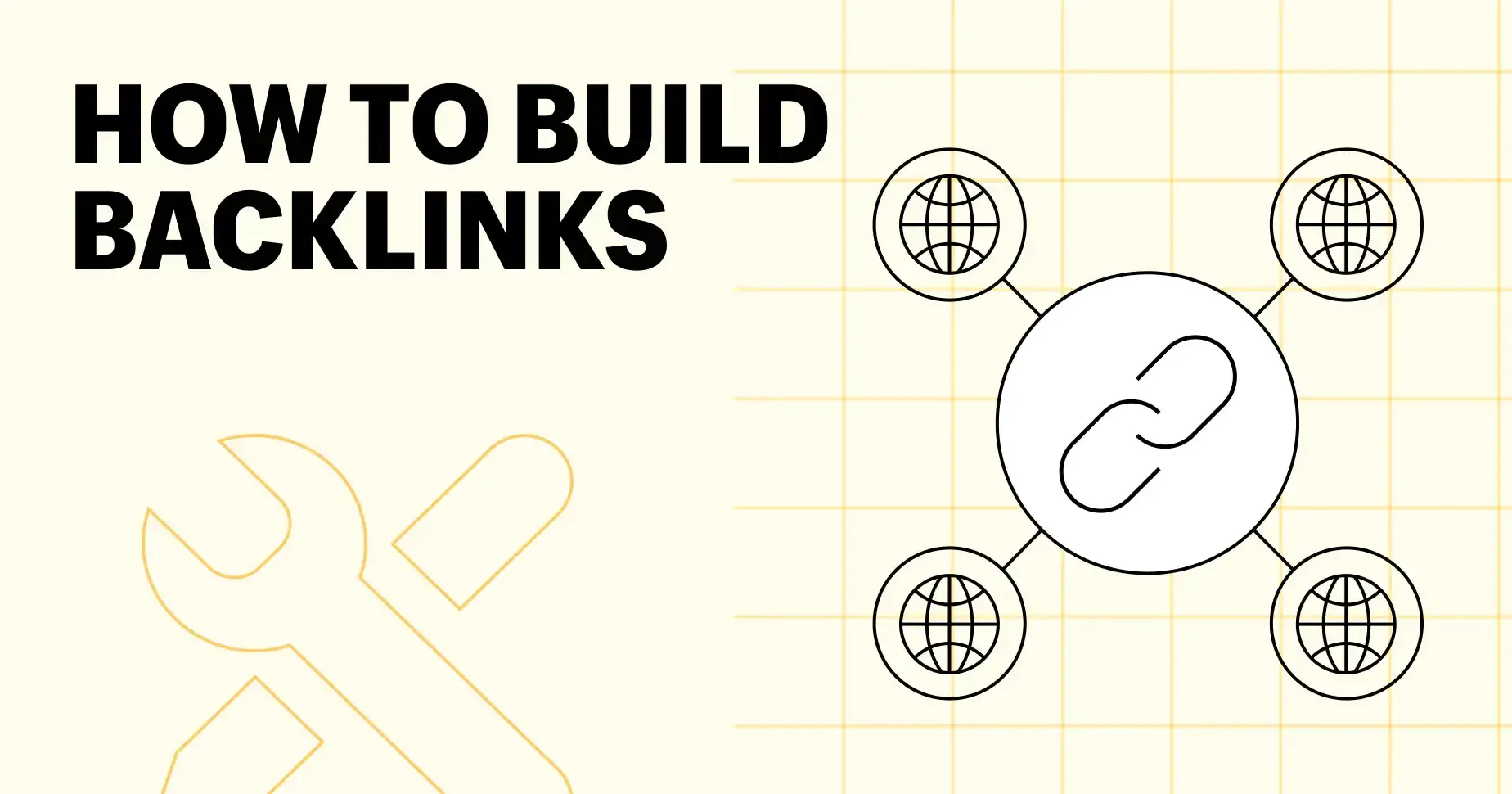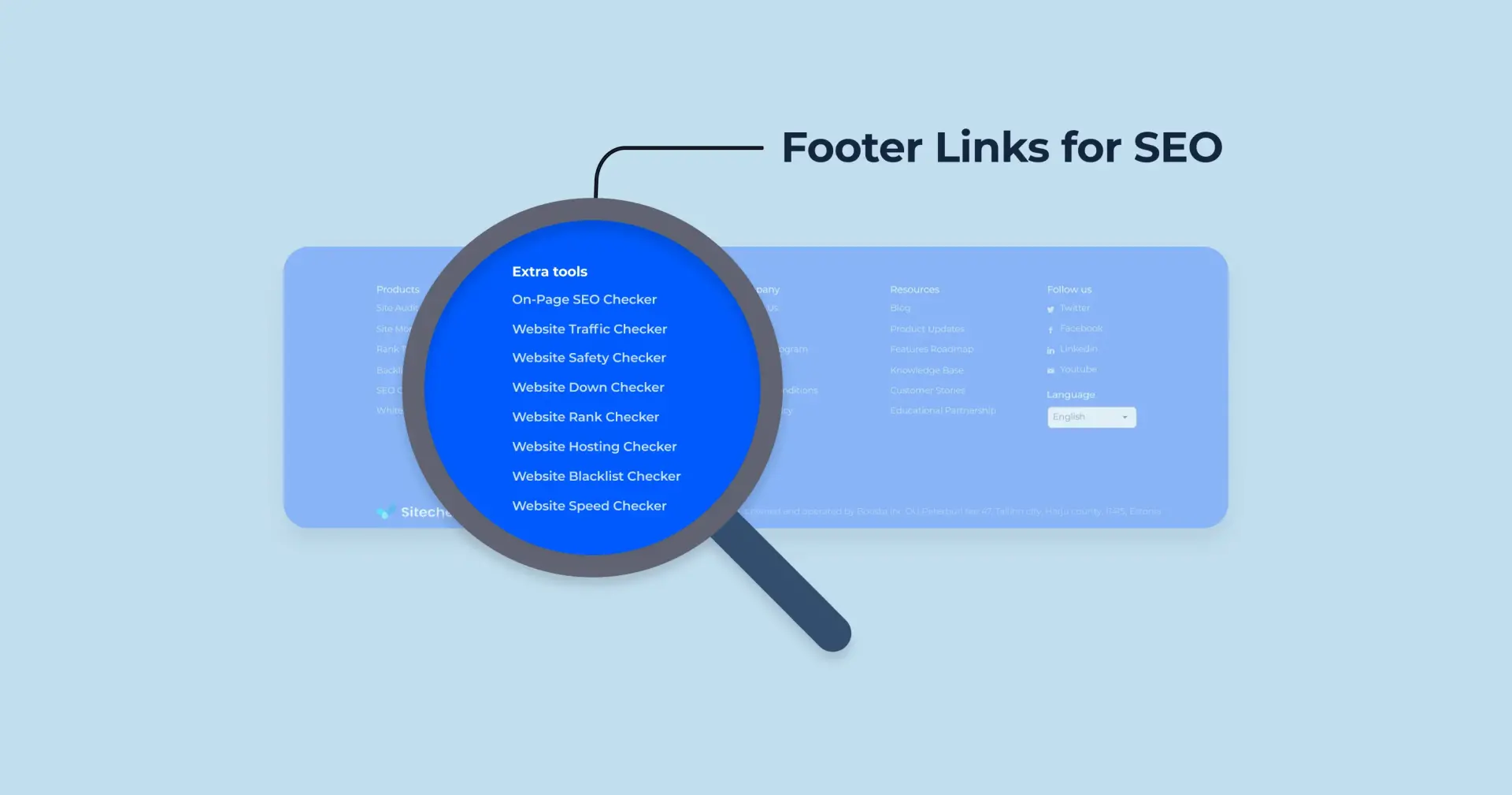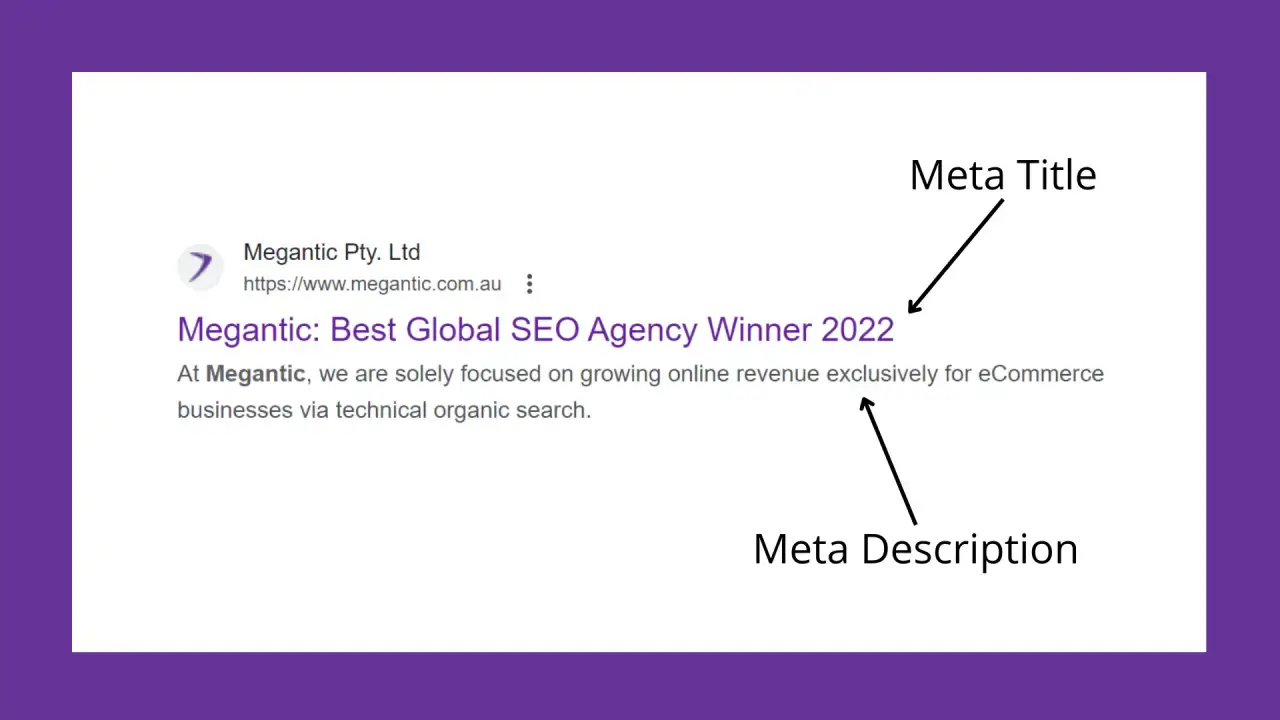
What is Off-Page SEO?
Off-page SEO refers to the activities conducted outside of your website that influence its search engine rankings. These activities primarily revolve around building high-quality backlinks, establishing authority, and increasing brand awareness across the web.
Why is Off-Page SEO Important?
Off-page SEO signals, such as backlinks from authoritative websites and social media mentions, serve as votes of confidence in your website's quality and relevance. Search engines like Google consider these signals when determining a site's authority and ranking it in search results.
Building Backlinks: The Backbone of Off-Page SEO
Understanding Backlinks
Backlinks are links from external websites that point to your site. They are considered one of the most important ranking factors by search engines, as they indicate the popularity, relevance, and credibility of your website.
Types of Backlinks
Natural Links: Earned organically through the creation of high-quality content that attracts links from other websites.
Manual Links: Acquired through deliberate outreach efforts, such as guest blogging, influencer partnerships, and link exchanges.
Self-Created Links: Created by the website owner, such as forum signatures, blog comments, and social media profiles.
Best Practices for Building Backlinks
Focus on Quality Over Quantity: Prioritize acquiring backlinks from authoritative, relevant websites with high domain authority (DA) and page authority (PA).
Diversify Anchor Text: Use a diverse mix of anchor text, including branded, exact match, partial match, and generic anchors, to create a natural link profile.
Avoid Black Hat Techniques: Steer clear of spammy tactics such as buying links, link farms, and keyword stuffing, which can result in penalties from search engines.
Establishing Authority and Trust
The Importance of Authority and Trust
Authority and trust are essential factors considered by search engines when ranking websites. Establishing authority and trust signals credibility to both search engines and users, leading to higher rankings and increased organic traffic.
Building Authority
Create High-Quality Content: Publish informative, engaging content that demonstrates expertise, authority, and trustworthiness (E-A-T).
Earn Mentions and Citations: Secure mentions and citations from reputable sources, such as industry publications, news sites, and influential blogs.
Participate in Community Engagement: Engage with your audience through social media, forums, and online communities to build brand visibility and authority in your niche.
Earning Trust
Transparency and Authenticity: Be transparent about your business practices, values, and customer reviews to build trust with your audience.
Secure Website: Ensure your website is secure (HTTPS), loads quickly, and provides a seamless user experience across all devices.
Social Proof: Showcase testimonials, reviews, and endorsements from satisfied customers to demonstrate credibility and trustworthiness.
Leveraging Social Media and Online Communities
The Role of Social Media in Off-Page SEO
Social media platforms provide valuable opportunities to amplify your content, engage with your audience, and attract backlinks and mentions from authoritative sources.
Strategies for Social Media Engagement
Content Sharing: Share valuable content across social media platforms to increase visibility and drive traffic back to your website.
Engagement and Interaction: Actively engage with your audience by responding to comments, addressing feedback, and participating in discussions.
Influencer Partnerships: Collaborate with influencers and thought leaders in your industry to reach new audiences and gain credibility and trust.
Harnessing the Power of Online Communities
Participating in online communities, forums, and discussion groups relevant to your niche can help you establish authority, build relationships, and attract backlinks and referrals.
Measuring Off-Page SEO Success
Key Performance Indicators (KPIs)
Backlink Profile: Monitor the quantity, quality, and diversity of your backlinks using tools such as Ahrefs, Moz, or SEMrush.
Referral Traffic: Track the amount of traffic coming to your website from external sources, such as social media, forums, and other websites.
Brand Mentions: Keep tabs on brand mentions across the web using tools like Google Alerts or Mention to identify opportunities for outreach and relationship building.
Tools for Off-Page SEO Analysis
Backlink Analysis Tools: Ahrefs, Moz, SEMrush
Social Media Management Tools: Buffer, Hootsuite, Sprout Social
Online Reputation Management Tools: Google Alerts, Mention, Brand24
Conclusion
Off-page SEO is a critical component of a comprehensive SEO strategy, as it signals to search engines the authority, trustworthiness, and relevance of your website. By focusing on building high-quality backlinks, establishing authority and trust, and leveraging social media and online communities, you can improve your website's rankings, increase organic traffic, and achieve long-term success in the competitive world of search engine optimization.







